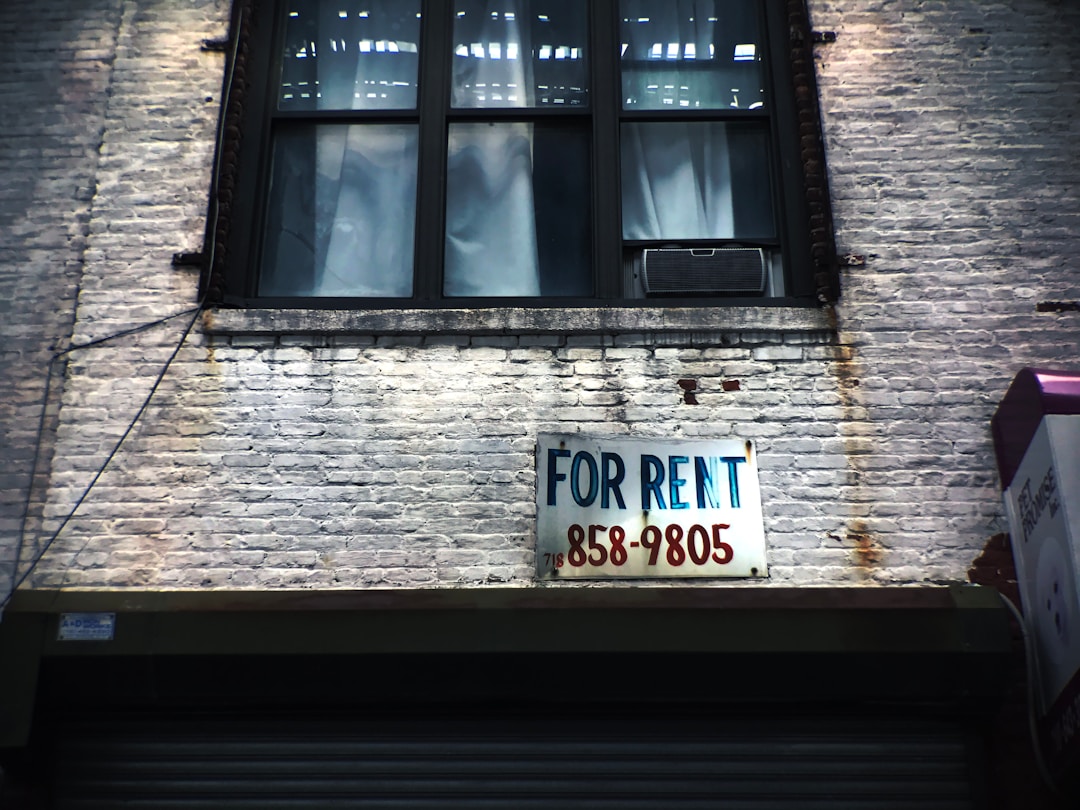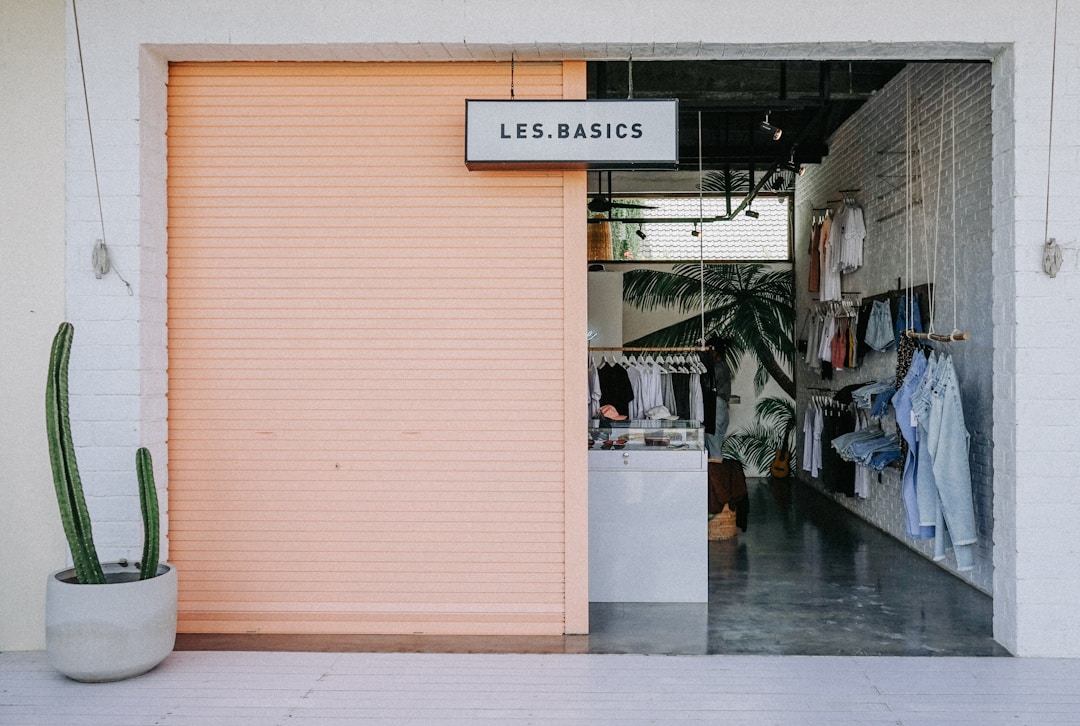So you’re thinking about getting into real estate investing. There is so much potential in the industry that there is never a wrong time to start investing. The built-in advantage to real estate investing, as opposed to other types of investing, is that you have a physical property that holds value. Even if you hit the worst-case scenario, and your investment property loses value, it won’t lose all of its value. Even an empty lot with no building on it has value and can be sold.
There are a few decisions you will need to make before buying your first property. These decisions will guide the course of your investment career. While you may change your mind down the road, you need to have a clear idea of what you plan to do before you start to avoid costly mistakes.
Here are a few decisions you will need to make before buying your first property.
Renting vs. Flipping

There are two primary types of real estate investing: owning rental properties and flipping houses. Owning rental properties means you buy the property and take full responsibility for it, but then you rent it out to people to use or live in for a monthly fee. A rental home may be a single-family home, multifamily home, or apartment complex. The amount of income you receive from the properties will depend on how much you can charge for the rent each month.
Flipping properties is when you buy one that needs work and is being sold below market value. You then do all of the required repairs and renovations and sell the property at a profit. To do this successfully, you need to have a network of contractors you can work with, knowing you’ll get quality work at a great price. If you work in the Clearwater area, you should know the best bathroom remodeling companies in Clearwater, as well as the best roofers, the best HVAC technicians, and the best suppliers of new doors and windows. The stronger your network is, the faster you’ll be able to get flips ready to sell.
Residential vs. Commercial

Within both renting and flipping, you can choose to work with residential or commercial properties. The locations of these properties will vary, and the applicable laws may be different and dependent on the laws where they are located. There are advantages and disadvantages to both residential and commercial, but the business is still the same. You can rent or flip both residential or commercial properties.
The argument can be made that there is more risk in commercial since the areas can change regarding where businesses look to operate. However, you can get a mentor like David Lindahl, who has been involved in over 550 property deals. You can learn how he manages his investments to maintain profitability even when the markets change.
Hands-On vs. Remote

Hands-on means you are doing all or most of the work yourself or with a crew that works directly for you. Remote refers to property investors who pay others to do all of the property’s work, repairs, and management. You may start as a hands-on property investor until you grow enough to hire out more of the work. Neither path is wrong; they are just different, and you need to know what you are getting into. For example, being a remote owner will cost more because you pay for everything; however, you are not spending any time on the properties. The hands-on owners are primarily working full-time on the properties because the business can be so time-consuming.
Real estate investing is an always-growing industry, and the opportunities are endless. With the proper knowledge and strategy, you can quickly turn a profit and start growing a steady income from your properties.


